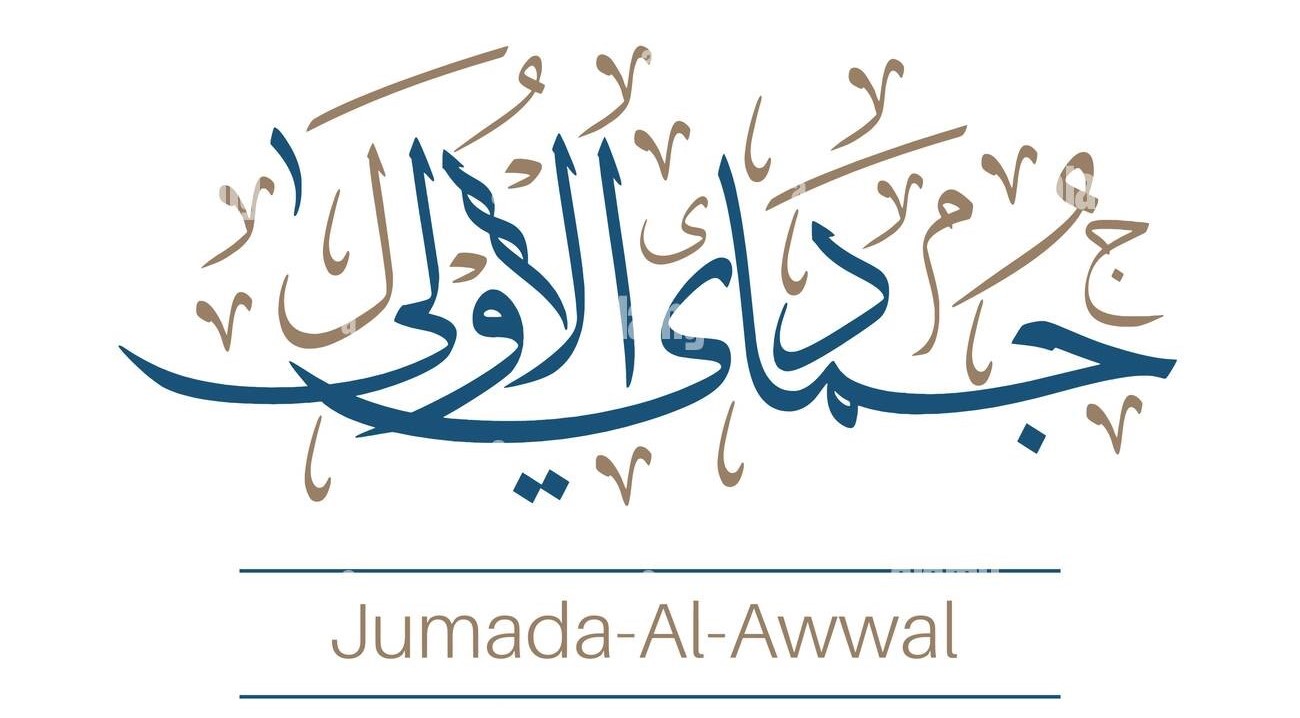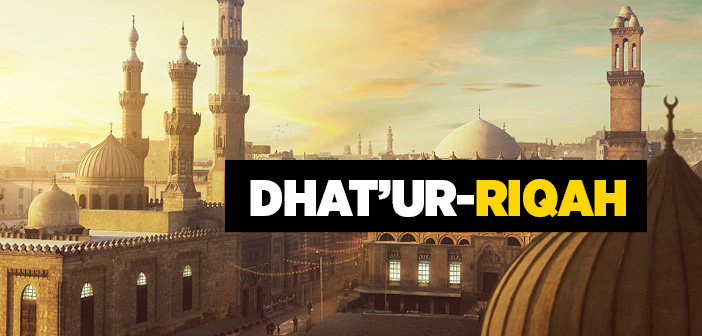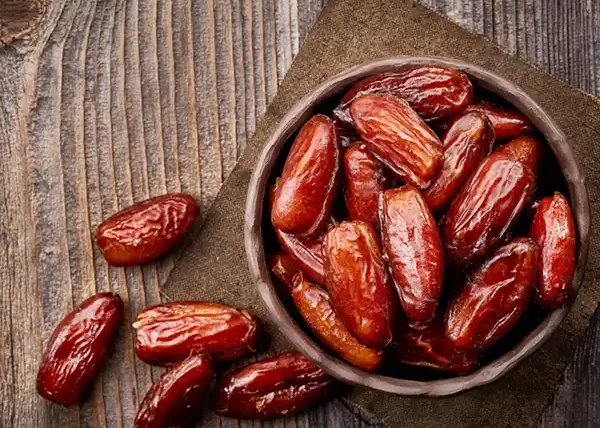Jumada Al Awwal is one of the 12 months in the Hijri calendar and is the fifth month of the Islamic year. The name “Jumada” was derived from the word “jamd,” which means “hard,” as it is usually associated with the winter season when water turns into ice and the ground becomes hard. Jumada Al Awwal, in particular, is the first of the two months called Jumada, with the second one called Jumada Al Akhira. This article will discuss the significance of Jumada Al Awwal and its important events.
What is Jumada Al Awwal?
Jumada Al Awwal, as mentioned earlier, is the fifth month in the Islamic calendar. It is also referred to as Jumada Al Oola, meaning the “first Jumada.” This month is associated with the winter season in which the Arabs used to face droughts and other related issues. It is believed that the month of Jumada was named as such because of the tough terrain and harsh conditions that prevailed during winter.
When is Jumada Al Awwal?

Jumada Al Awwal is the fifth month of the Islamic lunar calendar, and the exact date of its beginning varies depending on the sighting of the moon. The month follows the month of Rabi Al Thani and is succeeded by Jumada Al Akhira.
What are the key events of Jumada Al Awwal?
Here are the major events of Jumada Al Awwal
The Battle of Dhat Al-Riqa’

The Battle of Dhat Al-Riqa’ occurred in the fourth year of Hijra after the Battle of Khaybar. The Companions, may God be pleased with them, were traveling to this battle when they faced a lot of obstacles, including injuries to their feet from walking on stones and thorns. They had to wrap their feet with rags to stop the bleeding until they reached their destination. This battle was fought to deter the Bedouin and Jewish plots against the Muslims. The Quraysh and Bedouin tribes were conspiring against the Muslims, and their activities were increasing. The news reached Prophet Muhammad, who hurried to meet them before they could attack Medina.
During the battle, the Prophet and his companions fought the Bedouins of the desert of Najd, who were known for their reputation for plundering. Due to the nature of the terrain, which was full of sharp stones, the Companions’ feet bled, and they had no vehicle to carry them. The invasion was marked by its cruelty and difficulty. The Muslims were able to defeat the tribes, and their men fled to the tops of the mountains. The women, children, and money were left behind. The Muslims were able to pray, but the Prophet feared that the men would return and attack them while they were praying. The verse of fear prayer was revealed to the Prophet, explaining how to perform the prayer while maintaining security for the army.
The Reasons of The Raid “Dhat Al-Riqa’”
Deter the Bedouin plot after deterring the Jews of the city. Where both of them were conspiring with the Quraysh against the Muslims. but this time their plot increased against the Muslims, as the time for the promised attack led by Abu Sufyan to evacuate the Muslims from the city had come. so the activity of the Bedouin tribes neighboring the city increased and their willingness to rebel. The news reached the Prophet, may God bless him and grant him peace, that these groups are preparing to fight the Prophet and his companions in Medina. That is why the Prophet of God, Muhammad, may God’s prayers and peace be upon him, hurried to meet them before they reached the house.
The Events of The Battle of Dhat Al-Riqa’
The Messenger went out to fight the Bedouins of the desert of Najd, who were cruel in their nature, and who were known for their reputation for plundering. The features of that invasion were overshadowed by cruelty and difficulty. Due to the nature of the area full of sharp stones that bled the feet of the Companions, in addition to the lack of a vehicle carrying fighters. so that the six and seven men used to take turns riding camels.
When the Prophet, may God’s prayers and peace be upon him, and those with him reached the outskirts of Ghatfan. Those tribes heard about them, so terror struck their hearts, and fear and panic struck them. they became certain that the matter was grave, and that what they had resolved to do had now become a reality, not an idea. so their men fled to the tops of the mountains. And they left behind women, children, offspring, and money,
In the meantime, the Muslims realized the prayer, so they began to perform it. And what the Prophet – may God’s prayers and peace be upon him – feared at that time was that the men would return to the Muslim army. and they would attack them at a time of inattention while they were performing their prayers. So the verse of fear prayer was revealed that explains to the Prophet – may God’s prayers and peace be upon him – how to perform the prayer, while maintaining security for the army and not risk it. Almighty said:
(And when you are among them and lead them in prayer, let a group of them stand [in prayer] with you and let them carry their arms. And when they have prostrated, let them be [in position] behind you and have the other group come forward which has not [yet] prayed and let them pray with you, taking precaution and carrying their arms. Those who disbelieve wish that you would neglect your weapons and your baggage so they could come down upon you in one [single] attack. But there is no blame upon you, if you are troubled by rain or are ill, for putting down your arms, but take precaution. Indeed, Allah has prepared for the disbelievers a humiliating punishment). Surah Al-Nisa, verse: 102.
Benefits And Rewards of Fasting During Jumada Al-Awwal

There is no Quranic text or hadith about fasting in the month of inanimate the first specifically. but it was reported from the Messenger – may God bless him and grant him peace – that it is desirable to fast the white days, which are three of every Hijri month. The white days are the days of the nights in which the body of the moon is complete and it is a full moon. It is the thirteenth, fourteenth and fifteenth in the middle of every Arab month, and it was called that because the moon is in it in its full rotation and whiteness.
It was narrated on the authority of Abu Hurairah, may God be pleased with him, that he said: “My friend, may God’s prayers and peace be upon him, advised me to do three things: fasting for three days of every month, and the two rak’ahs of the forenoon prayer, and to pray the Witr prayer before I sleep.”
the most common days for voluntary fasting are fasting on Mondays and Thursdays, on the authority of Abu Hurairah: The Prophet – may God bless him and grant him peace – used to fast Mondays and Thursdays the most, so he was told and he said: “Actions are shown every Monday and Thursday, so God forgives every Muslim, or For every believer, except for the emigrants, who would say, Make it later ”Narrated by Ahmad with an authentic chain of narrators.
As for the virtue of fasting, there are many hadiths that indicate the great reward for fasting. On the authority of Abu Saeed Al-Khudri, may God be pleased with him, who said: I heard the Messenger of God, may God’s prayers and peace be upon him, say: (Whoever fasts a day for the sake of God, God will keep his face away from Hell for seventy years) Agreed upon.
On the authority of Sahl bin Saad, may God be pleased with him, that the Prophet, may God’s prayers and peace be upon him, said: (In Paradise there are eight gates, in which there is a gate called Al-Rayyan, and only those who fast enter it) Narrated by Al-Bukhari. Al-Nasa’i added: “When the last of them enter, it will be closed. Whoever enters it will drink, and whoever drinks will never be thirsty.”
On the authority of Abdullah bin Amr, may God be pleased with him, that the Messenger of God, may God’s prayers and peace be upon him, said: “Fasting and the Qur’an will intercede for the servant on the Day of Resurrection.
Fasting says: O Lord, you prevented him from eating and cravings during the day.
So let me intercede for him, and the Qur’an says: I prevented him from sleeping at night, so let me intercede for him, and they will intercede) Narrated by Ahmed.
Conclusion
We covered in this article Jumada Al Awwal’s significance and The most important event that took place in the month of Jumada al-Awwal was the Battle of Dhat al-Riqa’. which we talked about in some detail about its causes and events.
Recommended reading: The 4 Sacred Months in Islam

